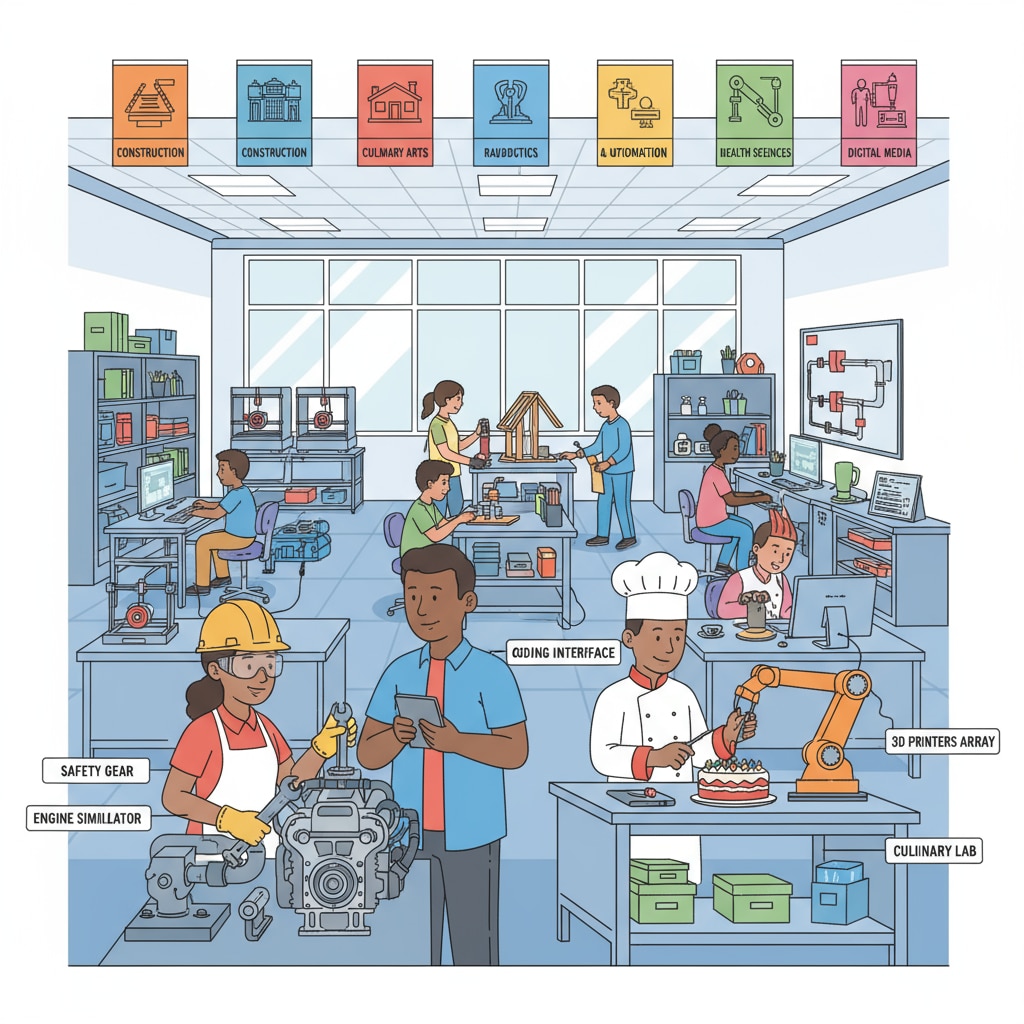University degrees, job market, and career development have always been intertwined. However, in recent times, the value of a university degree in the job market is being called into question. With a growing number of highly educated individuals taking up low-paying jobs, the once-clear connection between a degree and a prosperous career has become murky.

The Phenomenon of Degree Inflation
Degree inflation is one of the major factors contributing to the changing perception of university degrees. As more people pursue higher education, the supply of degree holders has far outpaced the demand in many fields. According to data from the National Center for Education Statistics, the number of bachelor’s degrees conferred in the United States has been steadily increasing over the past few decades. This oversupply has led to a situation where degrees that were once highly valued are now more common, and employers can be more selective. For example, jobs that used to require only a high school diploma now often demand a bachelor’s degree. This means that many degree holders are competing for positions that may not fully utilize their educational achievements, resulting in underemployment and lower pay.
K12 Education’s Role in Career Preparation
K12 education plays a crucial role in preparing students for the changing job market. Instead of solely focusing on getting students into college, it should also equip them with practical skills and knowledge relevant to the workplace. Career and technical education (CTE) programs within K12 can provide students with hands-on experience in fields such as healthcare, technology, and trades. By doing so, students can enter the workforce directly after high school with marketable skills. For instance, a student who completes a CTE program in plumbing can find well-paying jobs without the need for a four-year degree. The Association for Career and Technical Education emphasizes the importance of CTE in creating a skilled workforce.

Moreover, K12 education can also focus on developing soft skills like communication, teamwork, and problem-solving. These skills are highly valued by employers across all industries and can give students an edge in the job market, regardless of their educational attainment.
In conclusion, the value of university degrees in the job market is evolving. Degree inflation has challenged the traditional belief that a degree guarantees a high-paying job and a successful career. However, by rethinking the role of K12 education and focusing on practical skills and soft skills development, students can make more informed decisions about their educational investments and be better prepared for the dynamic job market. University degrees still hold value, but it’s essential to understand the changing landscape and adapt accordingly for a fulfilling career development.
Readability guidance: Short paragraphs and lists are used to summarize key points. Each H2 has a related list or example. Passive voice and long sentences are controlled. Transition words are added throughout the text for better flow.


